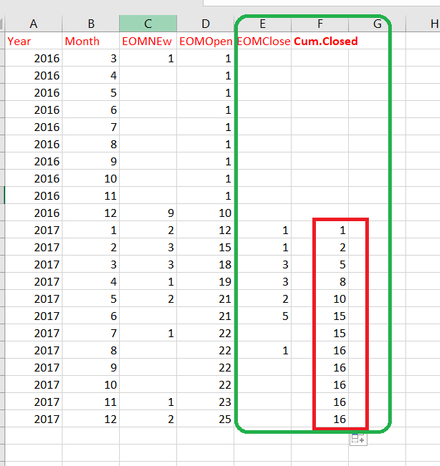New Offer! Become a Certified Fabric Data Engineer
Check your eligibility for this 50% exam voucher offer and join us for free live learning sessions to get prepared for Exam DP-700.
Get Started- Power BI forums
- Get Help with Power BI
- Desktop
- Service
- Report Server
- Power Query
- Mobile Apps
- Developer
- DAX Commands and Tips
- Custom Visuals Development Discussion
- Health and Life Sciences
- Power BI Spanish forums
- Translated Spanish Desktop
- Training and Consulting
- Instructor Led Training
- Dashboard in a Day for Women, by Women
- Galleries
- Community Connections & How-To Videos
- COVID-19 Data Stories Gallery
- Themes Gallery
- Data Stories Gallery
- R Script Showcase
- Webinars and Video Gallery
- Quick Measures Gallery
- 2021 MSBizAppsSummit Gallery
- 2020 MSBizAppsSummit Gallery
- 2019 MSBizAppsSummit Gallery
- Events
- Ideas
- Custom Visuals Ideas
- Issues
- Issues
- Events
- Upcoming Events
Don't miss out! 2025 Microsoft Fabric Community Conference, March 31 - April 2, Las Vegas, Nevada. Use code MSCUST for a $150 discount. Prices go up February 11th. Register now.
- Power BI forums
- Forums
- Get Help with Power BI
- Developer
- cumulative totals of measure
- Subscribe to RSS Feed
- Mark Topic as New
- Mark Topic as Read
- Float this Topic for Current User
- Bookmark
- Subscribe
- Printer Friendly Page
- Mark as New
- Bookmark
- Subscribe
- Mute
- Subscribe to RSS Feed
- Permalink
- Report Inappropriate Content
cumulative totals of measure
How to calculate the cumulative totals of measure in following example:
The model contains a date table and fact table called Internal.The measure EOMClosed is obtained by using
EOMClosed = CALCULATE(distinctcount(Internal[ID]),userelationship(Internal[CloseDate],'Date'[Date]))
The measure when sliced by Date dim gives me number of tickets that got closed each month.I want to make it like cumulative/running.
EOMOpen is number of open tickets each month sliced by date like :
EOMOpen = CALCULATE(DISTINCTCOUNT([ID]),FILTER(ALL(Internal),(Internal[CloseDate]=blank()||Internal[CloseDate]>EOMONTH([OpenDate],0))&&Internal[FirstDate]<=max('Date'[Date])))
I tried to do the same with EOMClosed but turns out the userelationship is not propogating the context to filter function :
EOMClosed = CALCULATE(distinctcount(Internal[ID]),userelationship(Internal[CloseDate],'Date'[Date]),filter(Internal,[CloseDate]<=max(Date[Date]))
Pls guide me to fix the EOMClosed to get cumulative values.
Here is a sample file:
Solved! Go to Solution.
- Mark as New
- Bookmark
- Subscribe
- Mute
- Subscribe to RSS Feed
- Permalink
- Report Inappropriate Content
Hi @Anonymous,
Try this formula, please.
EOMClosed =
CALCULATE (
DISTINCTCOUNT ( Internal[ID] ),
USERELATIONSHIP ( Internal[CloseDate], 'Date'[Date] ),
FILTER (
ALL ( 'Date'[Date] ),
'Date'[Date] <= EOMONTH ( MAX ( 'Internal'[OpenDate] ), 0 )
),
ISBLANK ( Internal[CloseDate] ) = FALSE ()
)
Best Regards,
Dale
If this post helps, then please consider Accept it as the solution to help the other members find it more quickly.
- Mark as New
- Bookmark
- Subscribe
- Mute
- Subscribe to RSS Feed
- Permalink
- Report Inappropriate Content
Hi @Anonymous,
Try this formula, please.
EOMClosed =
CALCULATE (
DISTINCTCOUNT ( Internal[ID] ),
USERELATIONSHIP ( Internal[CloseDate], 'Date'[Date] ),
FILTER (
ALL ( 'Date'[Date] ),
'Date'[Date] <= EOMONTH ( MAX ( 'Internal'[OpenDate] ), 0 )
),
ISBLANK ( Internal[CloseDate] ) = FALSE ()
)
Best Regards,
Dale
If this post helps, then please consider Accept it as the solution to help the other members find it more quickly.
Helpful resources
| User | Count |
|---|---|
| 8 | |
| 1 | |
| 1 | |
| 1 | |
| 1 |




